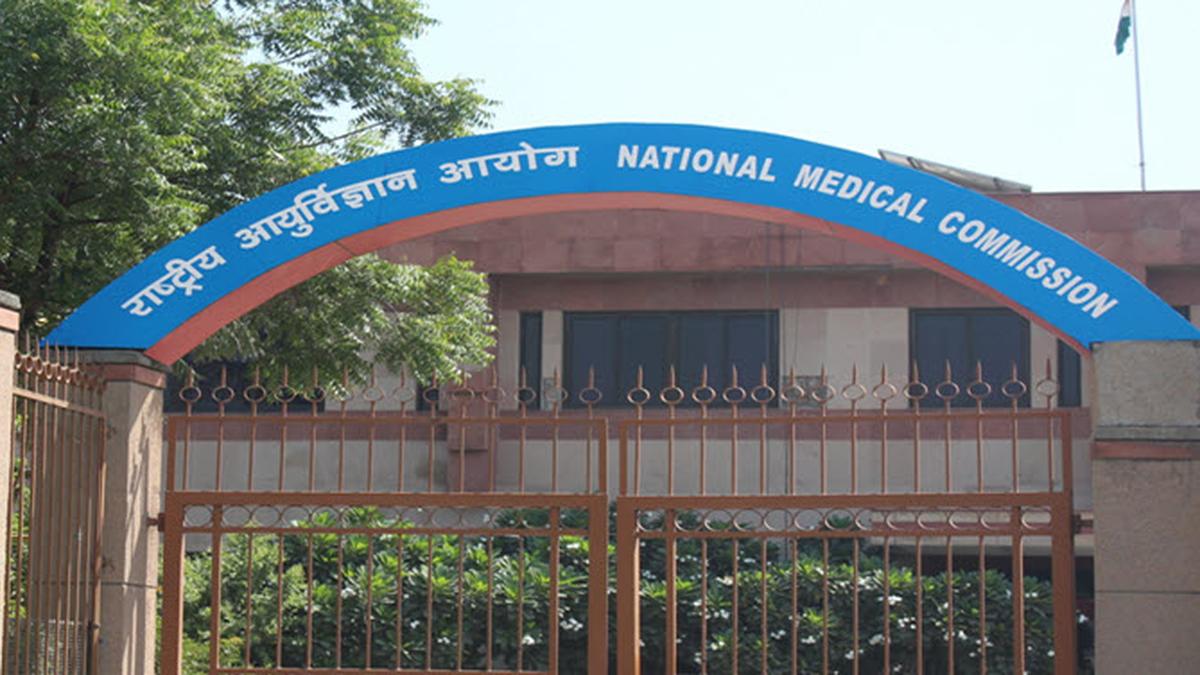Activists Outraged Over Medical Curriculum Revision's Omission of Disability and Transgender Rights
Disability rights activists and transgender advocates are expressing serious concerns regarding the recent revision of the National Medical Commission's (NMC) Competency-Based Medical Education (CBME) Curriculum. The revised curriculum notably omits crucial provisions outlined in the Rights of Persons with Disabilities Act (RPDA), 2016, and the Transgender Persons (Protection of Rights) Act (TPA), 2019. This exclusion has prompted widespread criticism from various stakeholders who argue that the curriculum fails to address the rights and needs of marginalized communities

Background of the Controversy
On September 5, 2024, the NMC withdrew its initial CBME guidelines following significant backlash from disability and transgender rights groups. The original guidelines, released on August 31, 2024, were criticized for being "outright ableist and transphobic," as they reintroduced outdated and discriminatory terms regarding sexual orientation and gender identity. Activists highlighted that the curriculum did not include necessary training on disability competencies, which had previously been a mandatory part of medical education
In a letter addressed to Union Minister for Social Justice and Empowerment Dr. Virendra Kumar, leaders from the disability and transgender communities expressed their disappointment and called for immediate action to rectify the curriculum. They emphasized that the omission of critical legal frameworks that protect the rights of persons with disabilities and transgender individuals undermines the medical education system's commitment to inclusivity and social justice
Specific Concerns Raised
Activists have pointed out several key issues with the revised curriculum:
Lack of Disability Competencies: The previous curriculum included mandatory training on disability competencies, but this has been removed in the latest version. Activists argue that this omission is detrimental to the education of future healthcare professionals, who must be equipped to understand and address the needs of patients with disabilities
Outdated Terminology: The curriculum continues to use terms like "gender identity disorders" and refers to intersex variations as "abnormalities." Such language is not only outdated but also perpetuates stigma against individuals with diverse gender identities and sexual orientations
Inadequate Coverage of LGBTQ+ Issues: The revised curriculum fails to adequately address critical topics related to gender incongruence, dysphoria, and non-heterosexual orientations. This lack of coverage is seen as a significant gap in training for medical professionals, who must be prepared to provide inclusive care to all patients
Cultural Context and Intersectionality: Activists have called for the inclusion of case studies that provide cultural context on disability, transgender, intersex, and queer individuals. They argue that understanding intersectionality is essential for healthcare providers to deliver compassionate and competent care
Response from the NMC
The NMC has acknowledged the backlash and the need for further revisions to the CBME guidelines. In its official communication, the commission stated that the guidelines would be revised and reissued in due course. However, the lack of immediate action has left many activists feeling frustrated and unheard
Broader Implications
The controversy surrounding the NMC's revised curriculum highlights broader systemic issues within medical education in India. The failure to incorporate essential provisions for disability and transgender rights not only affects the quality of medical training but also has far-reaching implications for the healthcare system's ability to serve diverse populations effectively
As India continues to progress towards greater inclusivity and recognition of marginalized communities, it is crucial for medical education to reflect these values. The integration of disability and transgender rights into the curriculum is not merely a matter of compliance with legal frameworks; it is an essential step toward fostering a healthcare environment that respects and upholds the dignity of all individuals.



